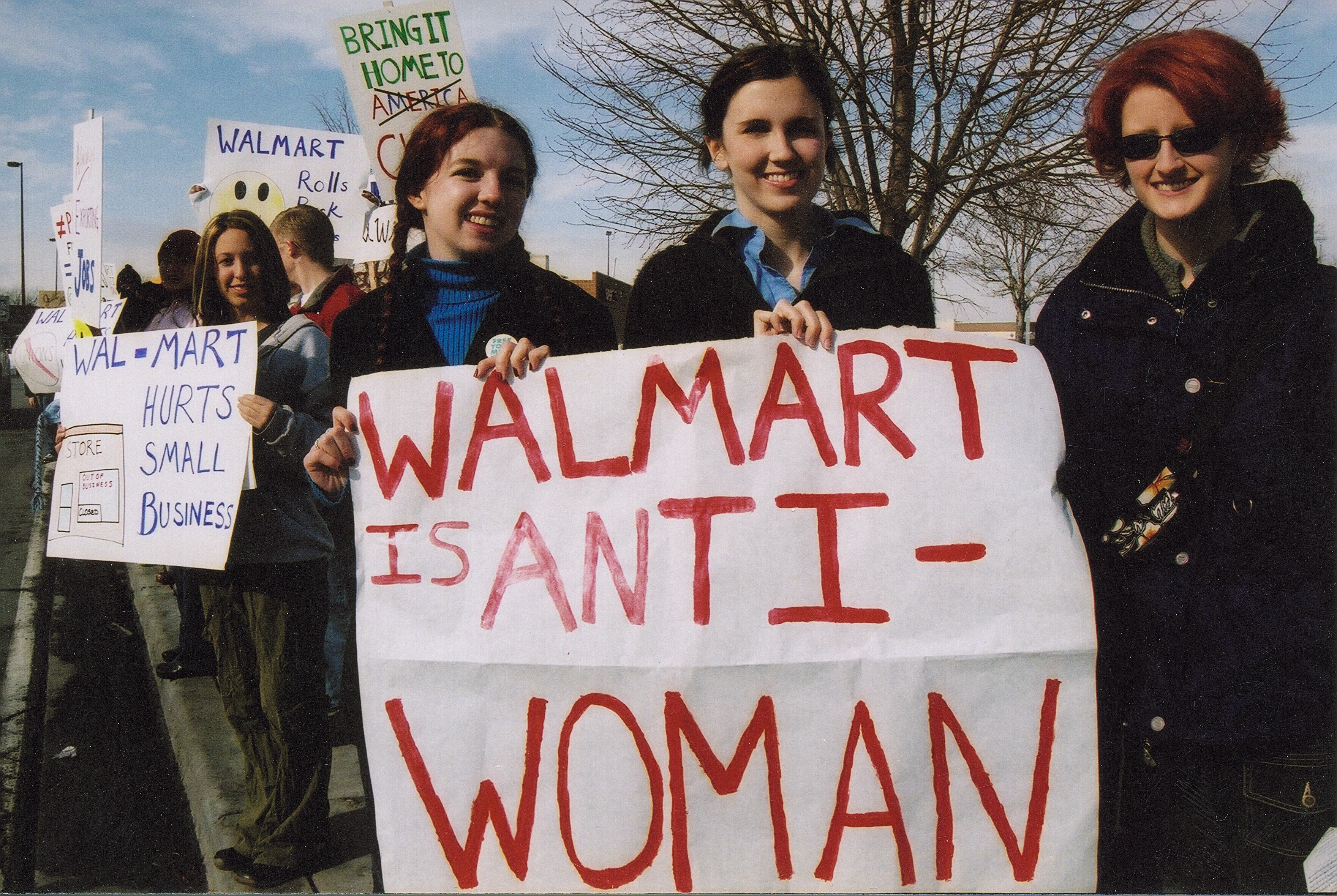
Walmart may be anti-woman, but it’s pro-coming-to-Sacramento.
Philip Harvey was saying how much he hated Walmart when the earth began to shake.
For a few unnerving moments, Harvey and his fellow Sacramento Planning & Design Commission members stopped talking shop and eyed each other suspiciously.
Had Harvey’s measured tirade against the Arkansas-based “predatory retailer” summoned a burst of anger from the Superstore God of Discount Savings?
Nah.
It was just the 5.7 earthquake that shook the town of Susanville last week crawling 145 miles south to jostle the commission’s downtown meeting chambers. While the trembler created no injuries or serious damage up north, it did shake up an eight-year-old policy here in Sacramento.
On May 23, the commission voted to lift an ordinance that makes Walmart and its big-box ilk account for their economic impacts to wages and benefits before setting up.
The ordinance has functionally kept small business-crushing outlets out of central Sacramento since 2005. An 11-1 super-duper-majority decided this was long enough.
Some called the ordinance anti-business; others said it fell outside of the commission’s narrow political purview. Who knew the city’s land use body pulled its talking points from Tea Party bumper stickers?
To be fair, city planning staff brought the recommendation forward, saying Sacramento is at a “competitive disadvantage” with surrounding jurisdictions.
But it depends how you define “disadvantage.” Staff says the ordinance has pushed big box stores and their big fat sales tax hauls into outlying areas with few to no restrictions. And it’s true: There are 14 Walmarts within a 15-mile radius of the city—three of them in Roseville—and none in the city of Sacramento.
Not everyone on the commission thought this was actually a bad thing.
“I have a significant and deep dislike of Walmart,” said Commissioner David Nybo.
And Harvey scoffed at what a “good neighbor” Walmart pretends to be.
“They go into a neighborhood and they decimate—they hire consultants to ‘teach’ local residents how to ‘compete’ with them with the pure goal of running them out of business,” he said, garnishing his words with derisive air-quotes. “So let’s not kid ourselves.”
But both Harvey and Nybo, as well as the rest of the commission, felt the ordinance was a poorly-written attempt at holding big box stores accountable for their collateral impacts.
Fair enough, allowed Commissioner Alan LoFaso, but let’s not “throw the baby out with the bathwater.”
Without the ordinance—which requires an economic impact analysis for every proposed retail store that’s 90,000 square feet and greater—proposed superstores are still subject to conditional use permits and discretionary economic analyses that don’t consider surrounding wages or benefits.
LoFaso was the only one to fight that last point until it was time to call the vote.
“This is an exercise of drafting a whole new ordinance on a blank page at a late hour,” he said about his attempts to spitball a way to keep wage and job considerations a part of the conversation. “This is a losing battle, I can tell.”
His fellow commissioners voted the staff recommendation on to the city council, which has final say.
What’s at stake in the decision became clear a few days later, on Tuesday, May 28, during a city subcommittee meeting on whether to support Assembly Bill 880. The proposed legislation would close an Affordable Care Act loophole that allows big corporations to dump its workers’ health care costs onto taxpayers funding Medical.
During the hearing, a middle-aged woman who works part-time for Walmart said she hasn’t been able to afford a mammogram in six years, when she first joined the company.
“The Walton family and the Walmart company are destroying the country. They are destroying the world,” she said.
Depending on how the council swings, maybe now they’ll get the chance to destroy Sacramento.
